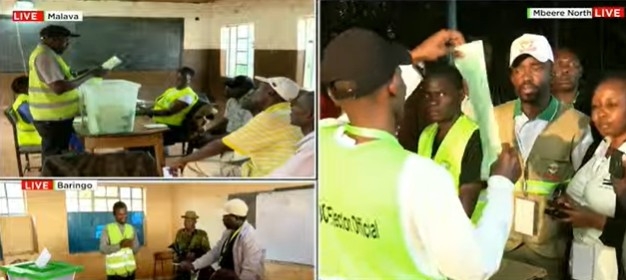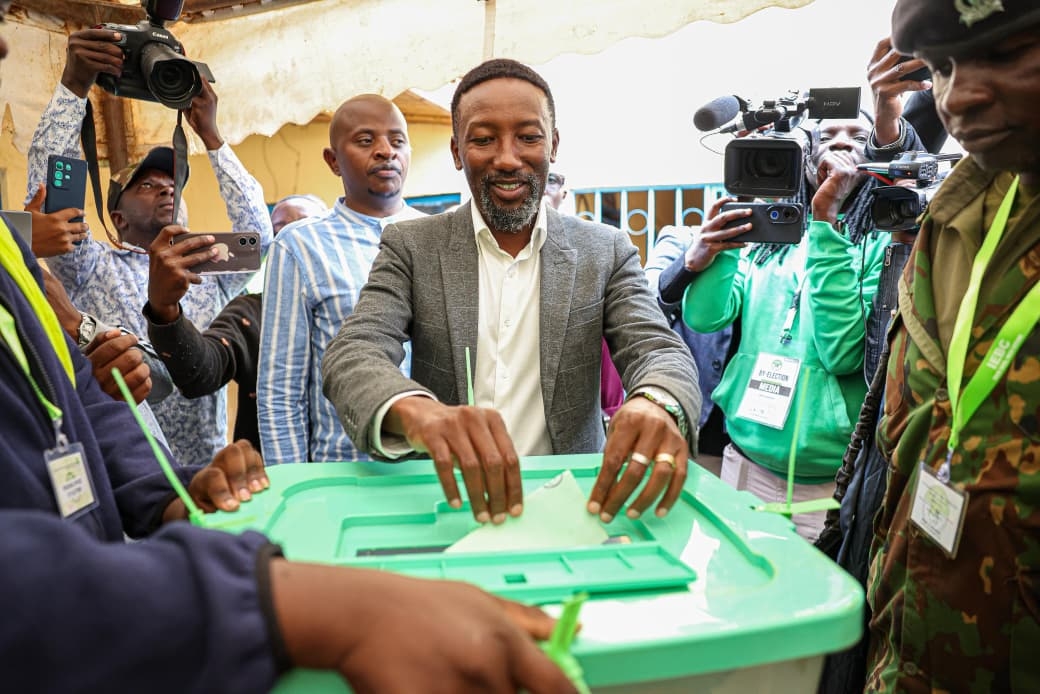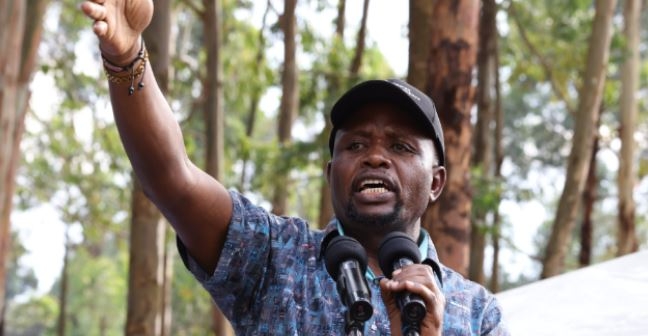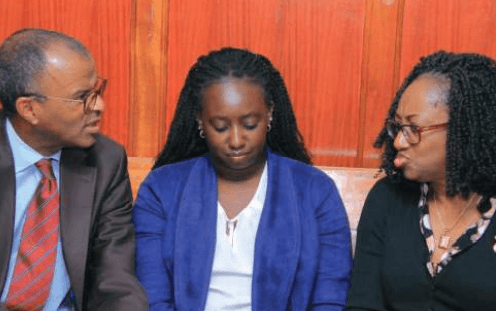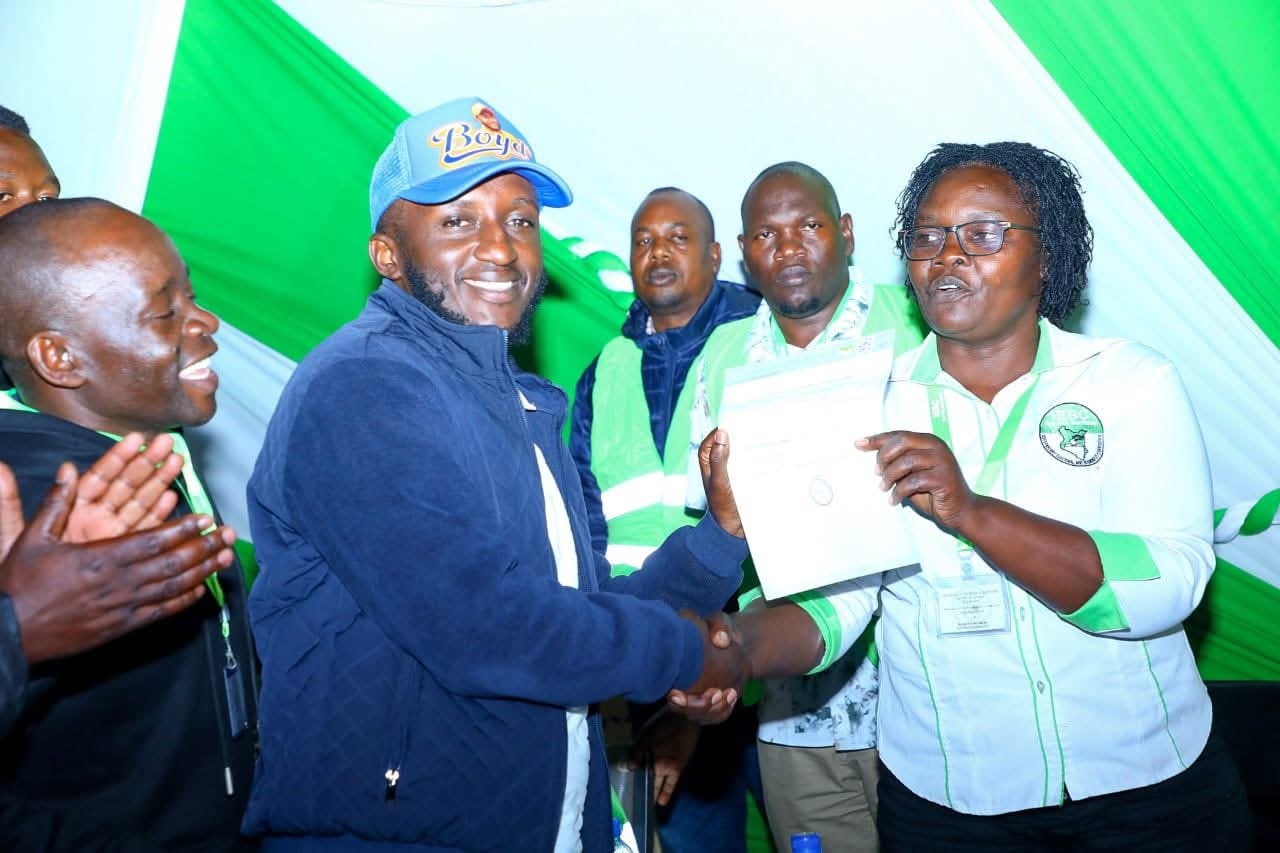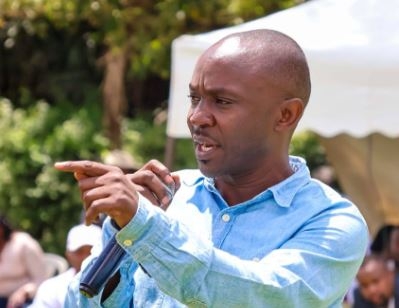The International Monetary Fund and World Bank have played a significant role in shaping the economic policies of many developing countries, including Kenya. While these institutions provide necessary financial assistance, their agreements with the Kenyan government often come with stringent conditions that can have an impact on the country's socioeconomic landscape.
It is imperative that these agreements be subject to the constitution and robust public participation. Adherence to the constitution and inclusive public participation are as essential for ensuring transparency, accountability and the protection of citizens' rights, in the implementation of these agreements as in other situations.
The Constitution
The 2010 Constitution is the supreme law of the land. Article 2(1) states that "This Constitution is the supreme law of the Republic and binds all persons and all State organs at both levels of government." This means that all laws, policies and agreements, including those with international organisations like the IMF and World Bank, must conform to the constitution.
Article 10 of the Constitution enshrines public participation as one of the national values and principles of governance. Public participation is also emphasised in Articles 118, 174, and 196, which mandate that citizens must be involved in legislative and other government processes. The principle of public participation ensures that the voices of the people are heard and considered in decision-making processes, so enhancing the legitimacy and acceptance of policies and agreements.
Chapter Four of the Constitution, the Bill of Rights, guarantees socioeconomic rights to all citizens. Article 43 provides for the rights to health, housing, food, water, social security and education. IMF and World Bank agreements often entail economic reforms that can affect these rights, making it crucial that such agreements are scrutinised for compliance with constitutional provisions. For example though Article 43, together with Article 21(2), requires the “progressive realisation” of these rights, enforced budget cuts are likely to have the opposite impact – diminishing the realisation of the rights.
Transparency in government actions and agreements is essential for accountability and trust. The Constitution, through Article 35, grants citizens the right to access information held by the state. This right is critical in the context of IMF and World Bank agreements, which often involve complex financial and economic terms that can significantly impact public resources and services.
Parliament and the courts
The Kenyan Parliament should play a pivotal role in ensuring that international agreements are transparent and accountable. Article 95 of the Constitution as read with section 8 of the Treaty Making and Ratification Act empowers Parliament to discuss and approve treaties and international agreements. However, in practice, many IMF and World Bank agreements have been executed with minimal parliamentary oversight, undermining the principle of transparency and accountability.
The Judiciary, as an independent arm of government, has the mandate to interpret the Constitution and ensure that all agreements comply with its provisions – when cases are brought before it. Judicial oversight is crucial in addressing any constitutional breaches that may arise from IMF and World Bank agreements. The Judiciary has demonstrated remarkable boldness in protecting constitutionalism. For instance, in the case of David Ndii v Attorney General in 2021, (the BBI case) the High Court demonstrated the Judiciary's role in safeguarding constitutionalism by nullifying unconstitutional amendments to the constitution.
Recently, the High Court repeated this bold feat, when in the case of Ekuru Aukot and the Thirdway Alliance v the Attorney General, it declared the intended deployment of police of officers to the Central America island nation of Haiti unconstitutional due to the lack of reciprocal provisions in Kenyan and Haitian laws, the absence of a bilateral treaty and the failure to observe the requirements of the National Police Service Act.
Looking back
Kenya's experience with IMF and World Bank agreements dates back to the 1980s when the country adopted Structural Adjustment Programmes. These programmes - aimed at economic liberalisation and fiscal austerity - had profound socioeconomic impacts. While SAPs were intended to stabilise the economy, they often led to reduced government spending on essential services such as health and education, disproportionately affecting the poor and vulnerable populations.
IMF and World Bank agreements typically come with conditions that require the Kenyan government to implement specific economic policies. These conditions can include austerity measures, tax reforms and privatisation of state-owned enterprises. While such measures may be necessary for economic stability, they can also undermine Kenya's economic sovereignty and limit the government's ability to formulate policies that align with its development priorities and the needs of its citizens. Conditions attached to IMF and World Bank loans can lead to budget cuts in critical social services. For example, austerity measures often require the reduction of public expenditure, which can negatively impact health, education and social protection programmes. These cuts can exacerbate poverty and inequality.
Considering the detrimental impact of IMF and World Bank policies not only on the Kenyan population but also on people globally, public participation becomes an indispensable requirement in the Kenyan context. Well-organised public participation ensures that the views and concerns of citizens are incorporated into policy decisions. This inclusion is particularly important for IMF and World Bank agreements. The government should facilitate inclusive decision-making processes by conducting public consultations, engaging civil society organisations and utilising digital platforms to reach a wider audience.
To enhance public participation, Kenya must strengthen its institutional frameworks. This includes empowering institutions such as the National Treasury, Parliament and county governments to facilitate public engagement in the formulation and implementation of IMF and World Bank agreements. These institutions should be equipped with the necessary resources and expertise to conduct effective public consultations and ensure that citizen feedback is incorporated into decision-making.
In the digital age, technology can play a vital role in enhancing public participation. The government can leverage online platforms, social media and mobile applications to disseminate information about IMF and World Bank agreements and gather public input. This approach can help bridge the gap between the government and citizens, making the decision-making process more transparent and inclusive.
Other countries
South Africa provides a relevant case study for examining the role of public participation in international agreements. The South African Constitution mandates public participation in legislative processes and has robust mechanisms for ensuring transparency and accountability. South Africa's experience demonstrates that public participation can enhance the legitimacy and acceptance of policies, including those related to international agreements.
Ghana's approach to IMF and World Bank agreements also offers valuable lessons. The Ghanaian government has made efforts to involve civil society organisations and the public in discussions about economic policies and international agreements. This inclusive approach has helped mitigate some of the negative impacts of conditionalities and has strengthened public trust in the government's economic policies.
Bolivia's 1994 Ley de Participacion Popular (Popular Participation Law) mandates public participation before agreements with the IMF and the World Bank are concluded. This law ensures that public voices and concerns are considered and integrated into the decision-making process, thereby promoting transparency and accountability in the country's financial dealings.
IMF and World Bank agreements with the Kenyan government should be subject to the constitution and inclusive public participation to ensure transparency, accountability and the protection of citizens' rights. The supremacy of the constitution mandates that all agreements conform to its provisions, while public participation ensures that the voices of the people are heard and considered.
Transparency and accountability are critical in maintaining public trust and ensuring that IMF and World Bank agreements do not undermine Kenya's socioeconomic rights and development priorities. By strengthening institutional frameworks and leveraging technology, Kenya can enhance public participation and make the decision-making process more inclusive and transparent. Ultimately, subjecting IMF and World Bank agreements to constitutional scrutiny and public participation will promote sustainable development and protect the interests of all Kenyans.
The author is a practising advocate, lecturer at the University of Nairobi and managing editor, The Platform for Law, Justice and Society, [email protected]



